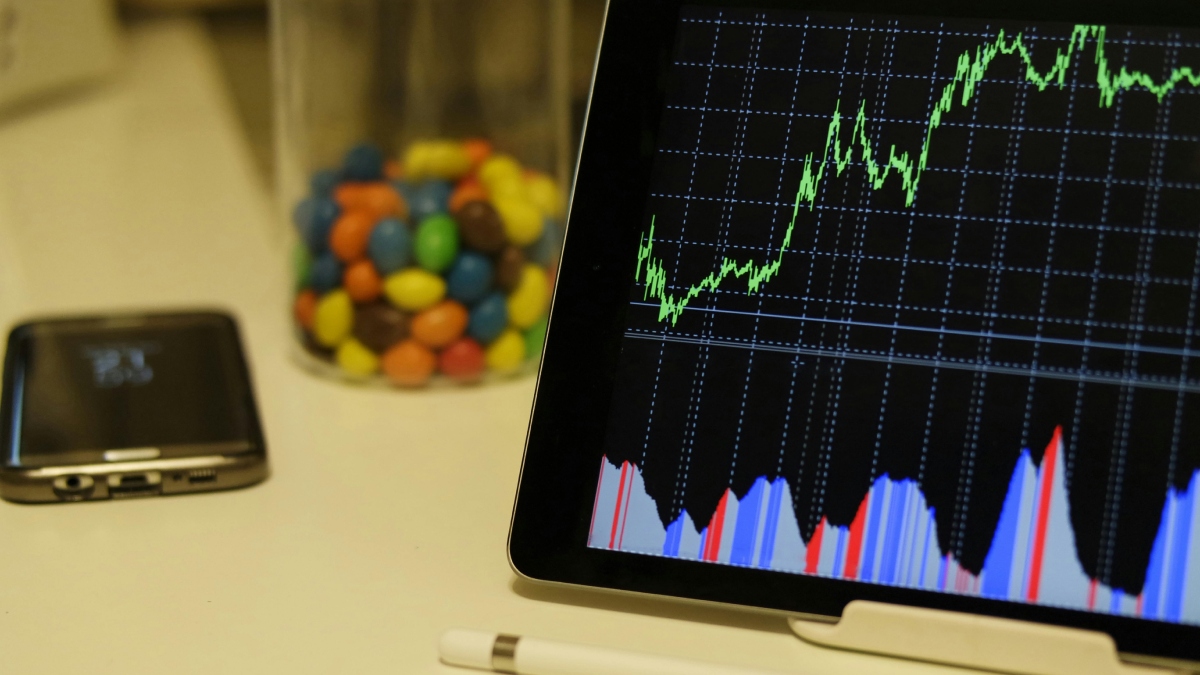Global trade dynamics have had a significant impact on financial markets, and this is particularly evident in India, where benchmark indices have celebrated a robust recovery. On Tuesday, Indian stock markets experienced a remarkable surge of over 2%, marking the first major rebound since the reciprocal tariffs were introduced on April 2. This uptick in performance reflects shifting investor sentiment amidst ongoing tariff discussions.
Strong Start to the Week
The holiday-shortened trading week kicked off with positive momentum, driven by favorable global market flows. The Sensex soared by 1,577.63 points, equating to a 2.1% increase, closing at 76,734.89. Meanwhile, the Nifty climbed 500 points, or 2.19%, to finish at 23,328.55. This impressive rally resulted in a substantial boost in investor wealth, increasing by an astounding Rs 10.6 lakh crore during the session.
- Sensex: Up 2.1%
- Nifty: Up 2.19%
- Investor wealth surged by Rs 10.6 lakh crore
Asian Markets Comparison
In contrast, several Asian indices have not fared as well. Countries like the Philippines, Indonesia, and South Korea remain down by up to 1.1% since the tariffs were initially announced. Other markets, including Singapore, Hong Kong, and Taiwan, have seen declines of 8.3%, 7.5%, and 6.8%, respectively. Notably, Japan, Thailand, Malaysia, and China are down by as much as 4.1%.
Tariff Relief Boosts Investor Confidence
The recent rally is largely attributed to easing global trade tensions, particularly following a tariff reprieve suggested by U.S. President Donald Trump. According to Vaibhav Vidwani, a Research Analyst at Bonanza Group, this development has significantly uplifted investor sentiment across the globe.
On Monday, Trump hinted at potential exemptions for tariffs on imported vehicles and parts, adding to the optimism. Prior announcements regarding tariff relief on electronic goods such as smartphones and laptops have also contributed to this positive outlook.
Cautious Optimism Amidst Concerns
Despite the positive market trends, Prashanth Tapse, Senior VP of Research at Mehta Equities, urges caution. He notes that while global equity markets are buoyant, concerns linger over declining crude oil prices and substantial foreign institutional investor (FII) outflows. These factors could indicate a potential recession in key economies, raising alarms about future demand.
Market Performance Overview
The market breadth on Tuesday was notably positive, with 3,266 gainers compared to 833 losers on the BSE. Broader indices also enjoyed gains of up to 3%, with all sectoral indices closing in the green.
- Foreign Portfolio Investors (FPIs): Net buyers of Rs 6,065.78 crore
- Domestic Institutional Investors (DIIs): Net sellers of Rs 1,951.60 crore
Sector Highlights
Sectors such as real estate, industrials, capital goods, automotive, and consumer discretionary led the charge, with gains reaching as high as 5.81%. Excluding Hindustan Unilever (HUL), which fell 0.23%, and ITC, down 0.36%, all other stocks on the Sensex closed positively. Notable gainers included IndusInd Bank, Tata Motors, L&T, Axis Bank, and Adani Ports, rising as much as 6.84%.
With market volatility easing significantly—evident as the India VIX index dropped by 19.8% to 16.13, indicating the sharpest single-day decline in 10 months—investors remain hopeful for continued growth.
As the markets adapt to evolving global trade conditions, maintaining awareness of external factors will be crucial for investors looking to navigate the shifting landscape.











